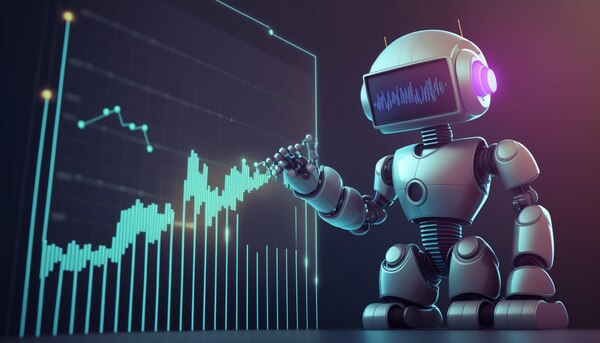The Role of Technology in Shaping Modern Investment Theories
Technology has been a driving force in shaping modern investment theories and practices. From the advent of computerized trading systems to the rise of algorithmic trading and artificial intelligence, technology has revolutionized the way investments are made, managed, and analyzed. This has had a profound impact on the financial industry, transforming traditional investment strategies and giving rise to new approaches that leverage the power of technology.
One of the key ways in which technology has shaped modern investment theories is through the availability of vast amounts of data and the tools to analyze it. With the proliferation of data sources such as financial statements, market news, social media, and more, investors now have access to a wealth of information to inform their decisions. Advanced data analytics and machine learning algorithms have made it possible to process and interpret this data at a scale and speed that was previously unimaginable. As a result, investors are able to make more informed decisions based on comprehensive analysis, leading to the development of quantitative investment strategies that rely on data-driven insights.
Furthermore, technology has facilitated the rise of algorithmic trading, also known as "quant" or "black box" trading, which relies on mathematical models and automated processes to execute trades. These algorithms are designed to identify and exploit market inefficiencies with greater speed and efficiency than human traders. This has led to a shift in market dynamics, with a significant portion of trading activities now being conducted by algorithms rather than traditional investors. As a result, modern investment theories have had to adapt to account for the impact of algorithmic trading on market behavior and pricing dynamics.

In addition to algorithmic trading, advancements in technology have also given rise to the field of robo-advisors, which are automated platforms that provide investment advice and portfolio management services. These platforms use algorithms to assess clients' risk tolerance, investment goals, and financial situation, and then create and manage a diversified investment portfolio on their behalf. Robo-advisors have democratized access to investment management services, making it easier for individuals to invest in line with modern portfolio theory and other investment strategies.
Another way in which technology has shaped modern investment theories is through the use of artificial intelligence (AI) and machine learning in the development of predictive models and investment strategies. AI-powered tools can analyze patterns in market data and identify potential investment opportunities with a level of sophistication that surpasses traditional fundamental or technical analysis. This has led to the development of new investment strategies that leverage AI capabilities to generate alpha, manage risk, and optimize portfolio performance.
It's important to note that the rise of technology in shaping modern investment theories has not been without challenges. The increasing reliance on algorithms and AI has raised concerns about market manipulation, systemic risk, and the impact of technology-driven trading on market stability. Furthermore, the speed and complexity of modern trading systems have also led to events such as flash crashes, where rapid and unexpected price fluctuations occur due to algorithmic trading errors or malfunctions.
In conclusion, technology has played a pivotal role in shaping modern investment theories by providing access to vast amounts of data, enabling algorithmic trading, fostering the development of robo-advisors, and empowering the use of AI in predictive modeling. While technology has redefined the landscape of investment practices, it has also introduced new challenges that the financial industry continues to grapple with. As technology continues to evolve, so too will the theories and practices that govern investment strategies in the modern era.